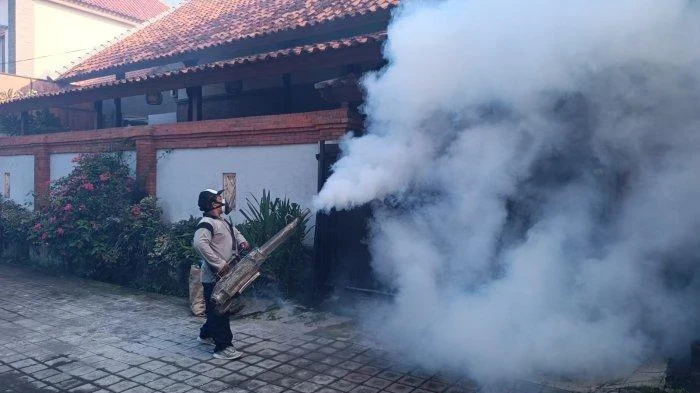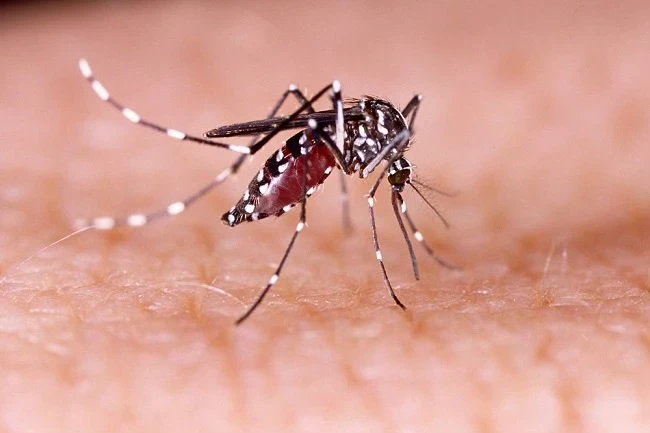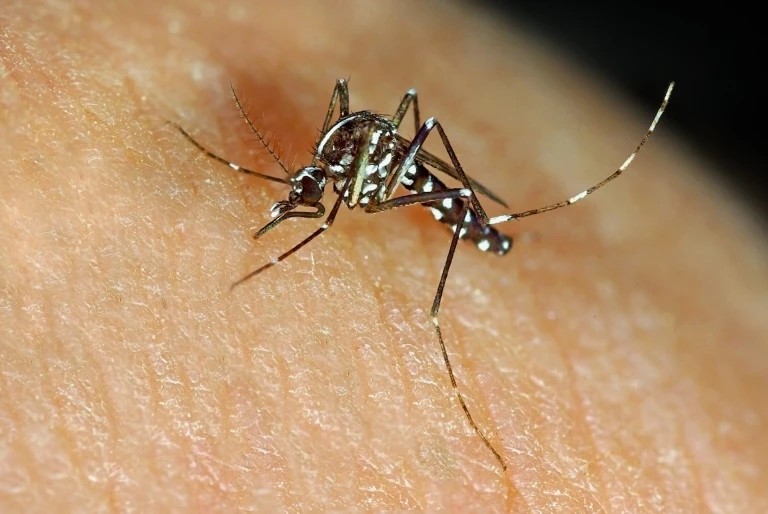The number of confirmed dengue cases in Denpasar has sharply increased. If there were 34 cases registered in January 2024, 42 cases in February, and 122 cases in March, then in April, according to preliminary data, there were 248 cases. This is an eightfold increase in incidence! Compared to April of last year, this indicator has also significantly increased. Back then, dengue was confirmed in 186 people.

This year in Denpasar, only three cases resulted in fatalities. The rest of the infected individuals managed to recover (or are still in the process of recovery).
The head of the city's health department, Ayu Chandravati, attributes the surge in cases to the increase in rainfall in March-April 2024, whereas it was relatively dry in January-February.
In the areas where infected individuals are identified, specialists conduct mosquito control measures by spraying insecticides. This is one of the preventive measures to eradicate adult mosquitoes. Additionally, work continues on eliminating mosquito larvae.
Ayu Chandravati hopes that the community will also join efforts to destroy mosquito breeding grounds, as the eggs of these insects can survive for up to 6 months. Therefore, it is crucial to ensure that water does not accumulate in residential areas. Makeshift water bodies in tree hollows, buckets, or other forgotten containers are favorite breeding spots for mosquitoes.

The carriers of this unpleasant virus are infected mosquitoes from the Aedes genus. They are quite recognizable by the bright white spots on their legs and similar-colored stripes on their backs. However, not every one of them carries the danger. They become infectious approximately 8-12 days after biting an infected animal or person. After that, they remain carriers throughout their entire lifespan, which ranges from 1 to 3 months.
Those who have had dengue fever talk about high fever lasting for several days, digestive system disorders, photophobia, and excruciating muscle and joint pains. This disease is also known as "breakbone fever" for a reason. The pain can be so intense that it even changes a person's gait.
There is no specific treatment for such fever. Patients are prescribed bed rest, ample fluids, pain relievers, and fever-reducing medications. They may also be prescribed medications to control blood pressure and antihistamines.
In most cases, a person recovers within 1-2 weeks after the onset of the disease, and the likelihood of a fatal outcome is 0.021%. However, this doesn't mean that self-treatment should be pursued. If the fever persists for several days, it's important to seek medical attention. Indonesian doctors have extensive experience in alleviating the symptoms of this disease.
Commenting on the case of an Australian tourist contracting dengue fever, Indonesian Health Minister Budi Gunadi Sadikin stated: "If an Australian contracts dengue fever in Indonesia, he should be grateful because hospitals in Indonesia are more experienced in dealing with dengue fever." He explained this by pointing out that cases of dengue fever in the country are registered year-round, typically involving hundreds of thousands of patients. He even cited a recent case where the director of a major Indonesian company with dengue fever was sent for treatment in Singapore but could not be saved simply because local doctors were not as familiar with this virus.
As for dengue vaccination, according to the health minister, there is currently no need for it. Especially considering that compared to other diseases, there aren't as many confirmed cases of infection. "In fact, dengue fever has a low mortality rate compared, for example, to tuberculosis, which has claimed the lives of 100,000 people in Indonesia. While only 400 people have died from dengue fever. So we intend to prioritize tuberculosis vaccination," said the health minister.
There is another reason why dengue vaccination may be ineffective. Even after recovering, the human body produces antibodies only against a specific strain of this virus. This means that reinfection with a different strain is possible. Moreover, it could be even more severe.


You can add one right now!